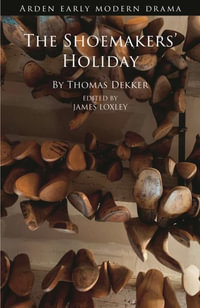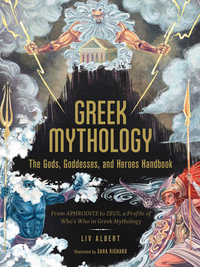Raymond Williams was an enormously influential figure in late twentieth-century intellectual life as a novelist, playwright and critic, "the British Sartre," as The Times put it. He was a central inspiration for the early British New Left and a close intellectual supporter of Plaid Cymru. He is widely acknowledged as one of the "founding fathers" of cultural studies, who established "cultural materialism" as a new paradigm for work in both literary and cultural studies. There is a substantial secondary literature on Williams, which treats his life and work in each of these respects. But none of it makes much of his enduring contribution to utopian studies and science fiction studies. This volume brings together a complete collection of Williams's critical essays on science fiction and futurology, Utopia, and dystopia, in literature, film, television, and politics, and with extracts from his two future novels, The Volunteers (1978) and The Fight for Manod (1979).
Both the collection as a whole and the individual readings are accompanied by introductory essays written by Andrew Milner.
"With the twenty-first-century reader very much in mind, Andrew Milner's selection of texts offers a new, `alternative' Raymond Williams - the critic and occasional author of science fiction, the futurologist, the wary, self-questioning Utopian thinker for whom intellectual pessimism is a lazy response and never the last word."
Professor Patrick Parrinder, University of Reading
"The future was the ultimate stake in all Raymond Williams's thinking and writing, as Andrew Milner simply and powerfully shows us now, by assembling a volume of writings on science fiction and utopianism that turns out to be a very substantial, wide-ranging reader in Williams's work as a whole. The defining importance of `the sense of the future,' as he called it, the future as the essential discipline of political and moral imagination, is the lesson of this very welcome collection."
Professor Francis Mulhern, Middlesex University
Industry Reviews
With the twenty-first-century reader very much in mind, Andrew Milner's selection of texts offers a new, 'alternative' Raymond Williams - the critic and occasional author of science fiction, the futurologist, the wary, self-questioning utopian thinker for whom intellectual pessimism is a lazy response and never the last word. (Professor Patrick Parrinder, University of Reading)
The future was the ultimate stake in all Raymond Williams's thinking and writing, as Andrew Milner simply and powerfully shows us now, by assembling a volume of writings on science fiction and utopianism that turns out to be a very substantial, wide-ranging reader in Williams's work as a whole. The defining importance of 'the sense of the future', as he called it, the future as the essential discipline of political and moral imagination, is the lesson of this very welcome collection. (Professor Francis Mulhern, Middlesex University)
Milner's timely collection demonstrates the relevance of Williams' work as a theorist of the subjunctive at a moment when, as Slavoj Žižek claimed recently, the 'only true question' is whether global capitalism contains 'antagonisms strong enough to prevent its indefinite reproduction'. (Ben Harker, New Formations)
























